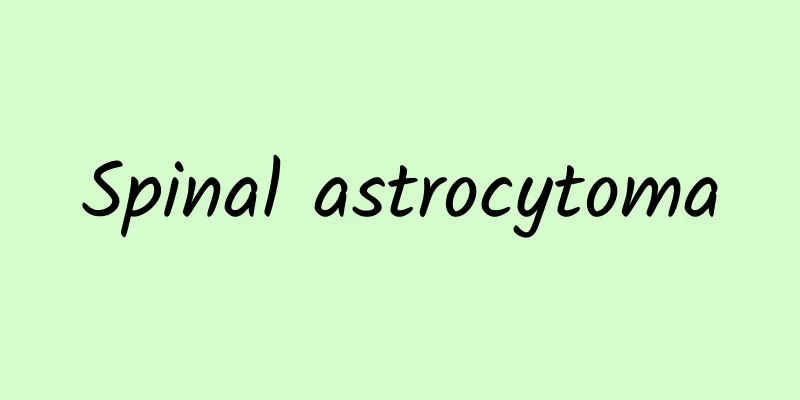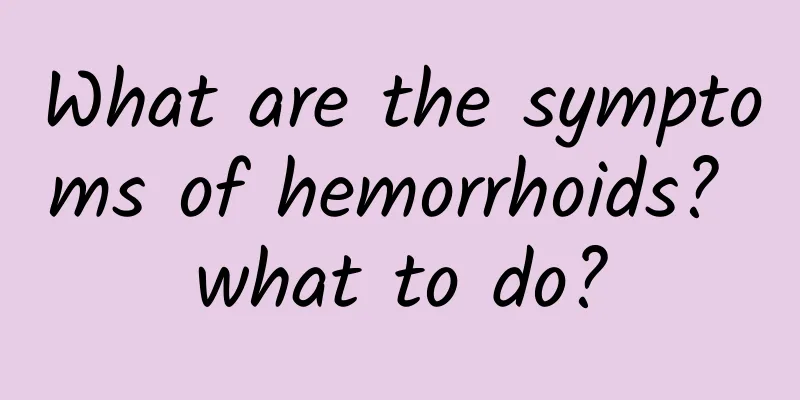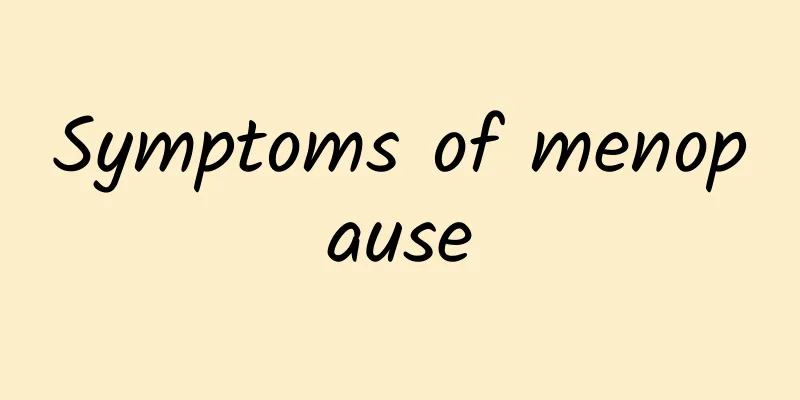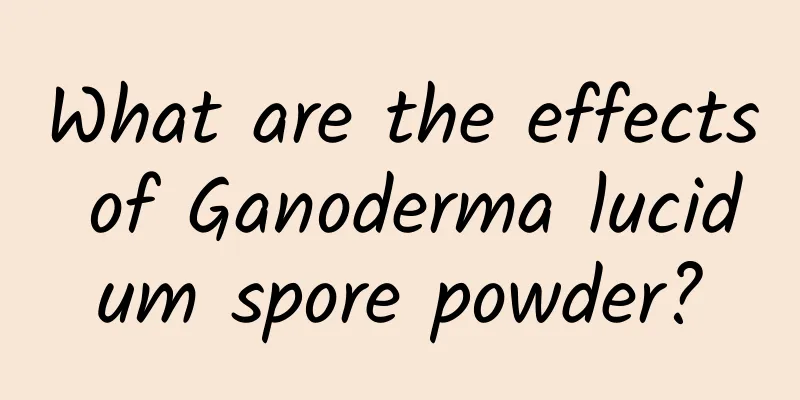Spinal astrocytoma

|
Spinal astrocytoma is a tumor that often occurs in the human spine. Spinal astrocytoma may occur in every joint of the spine. Patients with spinal astrocytomas may experience severe damage to their spine and compression of their spinal nerves. In addition, spinal astrocytomas have the potential to expand, and some may spread to other joints of the spine. So, what should we do about spinal astrocytoma? 1. Concept Among the intramedullary tumors in the spinal canal, the most common is ependymoma, followed by spinal astrocytoma, which accounts for about 30% of intramedullary tumors. Spinal astrocytoma can occur in any segment of the spinal cord, but is most common in the thoracic segment, followed by the cervical segment. Spinal astrocytoma originates from spinal astrocytes and grows infiltratively along the longitudinal axis of the spinal cord with no obvious boundary with the spinal cord tissue. The tumor is a spindle-shaped swelling that may involve several spinal cord segments, and syringomyelia may be seen in the segments adjacent to the tumor. Two common tissue types are found under microscopic examination: fibrous astrocytes and protoplasmic astrocytes. Most of them are low-grade malignant tumors of grade I to II, which may grow in an invasive manner or undergo cystic changes. 2. Age group prone to onset Spinal astrocytoma is common in people aged 30 to 60 years old, mostly in women. Among the patients, 75% had astrocytomas of lower malignancy (the tumors were generally small, without capsules, and unclear boundaries); 38% had cystic changes in their tumors, with high levels of cystic fluid protein. MRI shows that the spinal cord is thickened at the tumor site, the tumor signal may be higher than that of the adjacent spinal cord, and the boundary is unclear. Cysts may also be present at the head and tail of the lesion. 3. Early symptoms Patients with spinal astrocytoma have slow tumor growth, a long course of disease, and no obvious early symptoms. The symptoms are mostly numbness and weakness of the lower limbs at the tumor site, and radicular pain is rare. The patient's sensory impairment develops from top to bottom, the sensory plane is not obvious, and sensory dissociation may occur. Sphincter and autonomic dysfunction such as nutritional disorders appear early and are prone to bedsores in the late stages. If the tumor becomes cystic, the condition may suddenly worsen and paralysis may occur. 4. Treatment The tumor of patients with spinal astrocytoma grows in an invasive manner, so it is difficult to remove it completely. For extensive lesions in the high cervical segment, surgery should be performed with caution. After tumor resection, the dura mater is generally not sutured to provide adequate decompression; postoperative radiotherapy is recommended for high-grade astrocytomas. The prognosis of astrocytoma is generally worse than that of ependymoma, and about half of patients will have tumor recurrence within 4 to 5 years after surgery. |
<<: Are there any dietary restrictions for uterine fibroids?
>>: Is it good for men to drink menstrual fluid?
Recommend
What should I do if I am allergic to fish?
In real life, many people are allergic to certain...
What causes breathing difficulties?
There are many issues in life that need attention...
What should I do if my lower body is itchy recently? How can I treat it?
In daily life, if women do not pay attention to t...
Is it necessary to take folic acid during early pregnancy?
Pregnancy is a relatively important period for wo...
Uses of expired essential oils
In daily life, everyone knows the efficacy and ro...
How to deal with the skin on the soles of feet
Many people may find that the skin on the soles o...
What causes menstrual blood clots?
Menstruation is a physiological symptom that wome...
The correct way to brush your teeth with baking soda
Baking soda is quite common in our daily life and...
What to do if you have kidney disease? Daily conditioning to treat nephrotic syndrome
As the name suggests, nephrotic syndrome is a com...
What is Coronary Heart Disease?
Coronary heart disease is a common type of corona...
How to maintain health during the “first dog days”? Is Sanfutie reliable?
According to the traditional Chinese calendar, th...
Can Cordyceps sinensis be eaten if it has hair?
In recent years, as people's living standards...
My child always wants to pee but doesn't pee much, what's going on?
If a child wants to urinate but does not urinate ...
What to do if you have severe constipation after cesarean section
Women need to be well taken care of after giving ...
I feel older after getting a face lift injection
For many people who love beauty, it is common to ...









